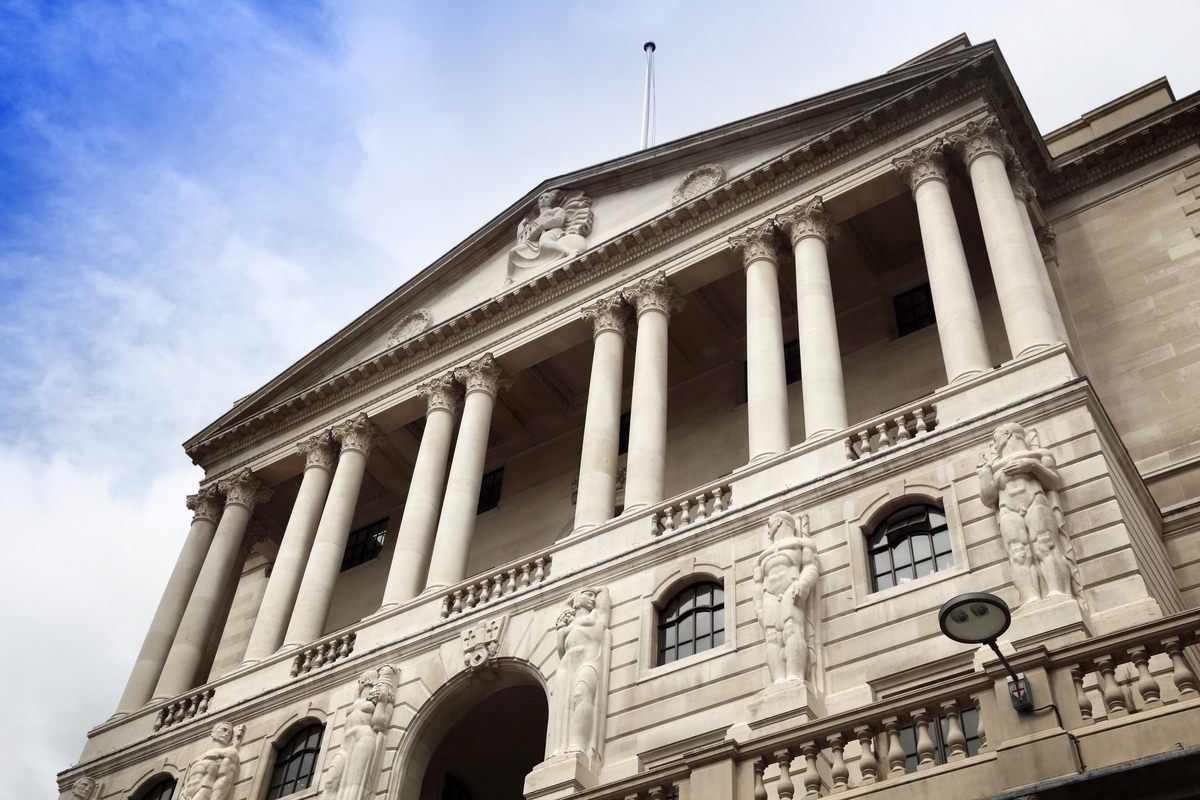Dear visitor,
You're reading 1 of your 3 free news articles this quarter
Register with us for free to get unlimited news, dedicated newsletters, and access to 5 exclusive Premium articles designed to help you stay in the know.
Join the UK's leading credit and lending community in less than 60 seconds.
Bank of England “must stay the course”, says deputy governor
The Bank of England’s monetary policy committee (MPC) “must stay the course” to return inflation to the two percent target, according to its deputy governor Sir David Ramsden.

Senior Journalist, covering the Credit Strategy and Turnaround, Restructuring & Insolvency News brands.
Speaking at the Securities Industry Conference, he explained: “We know from past periods in our history the damage to households and businesses that would result if high inflation persisted.
“Unlike earlier inflationary episodes, where we saw more persistence in inflation caused by ineffective policy and policy frameworks, this time we have a monetary policy framework which empowers us to take action.
“However difficult the consequences might be for the economy, the MPC must stay the course and set monetary policy to return inflation to achieve the two percent target sustainably in the medium term, consistent with the remit given to us.”
In an effort to bring down inflation, the Bank of England has been raising interest rates - going up at every MPC meeting since December 2021, when they were increased from 0.1% to 0.25%. In the most recent meetings in August and September rates have risen by 0.5% to their current level of 2.25%.
At the September meeting, Ramsden was one of three MPC members to vote for a larger 0.75% - which would have increased interest rates to 2.5%.
He added: “At the time the three of us highlighted that the recent data outturns had already registered more persistent inflationary pressures and that medium-term measures of inflation expectations remained high.
“We welcomed the reduction of the near-term peak in inflation which will result from the Energy Price Guarantee but noted that the additional support it is providing to households will add to demand pressure.”
Ramsden informed his vote on three factors, firstly that MPC had greater certainty around household spending due to the support being provided by the Energy Price Guarantee. He also based it on the higher medium-term inflation expectations and the risk that a more inflationary mentality takes hold throughout the economy.
Finally, it was based on the trends he observed in domestically generated inflation - including labour costs - in firms’ pricing and in broadening out inflationary pressures, with services price inflation now contributing more to overall consumer price index inflation.
He added: “In my view a faster policy tightening at the last MPC meeting would have helped to bring inflation back to the two percent target sustainably in the medium term and would reduce the risks of a more extended and costly tightening later.”
Stay up-to-date with the latest articles from the Credit Strategy team
Get the latest industry news






